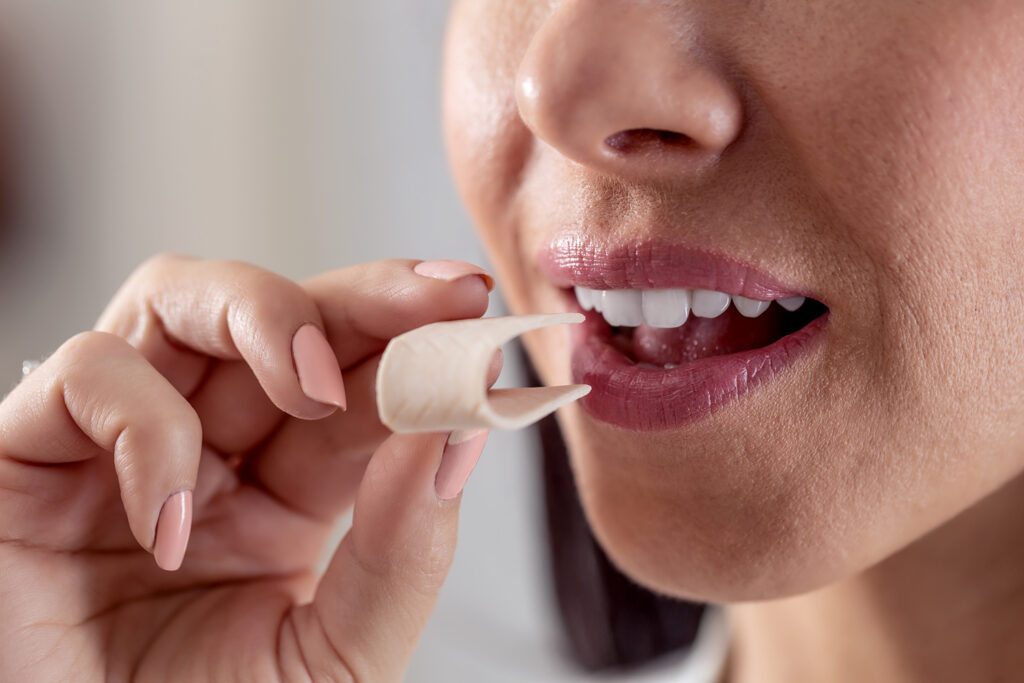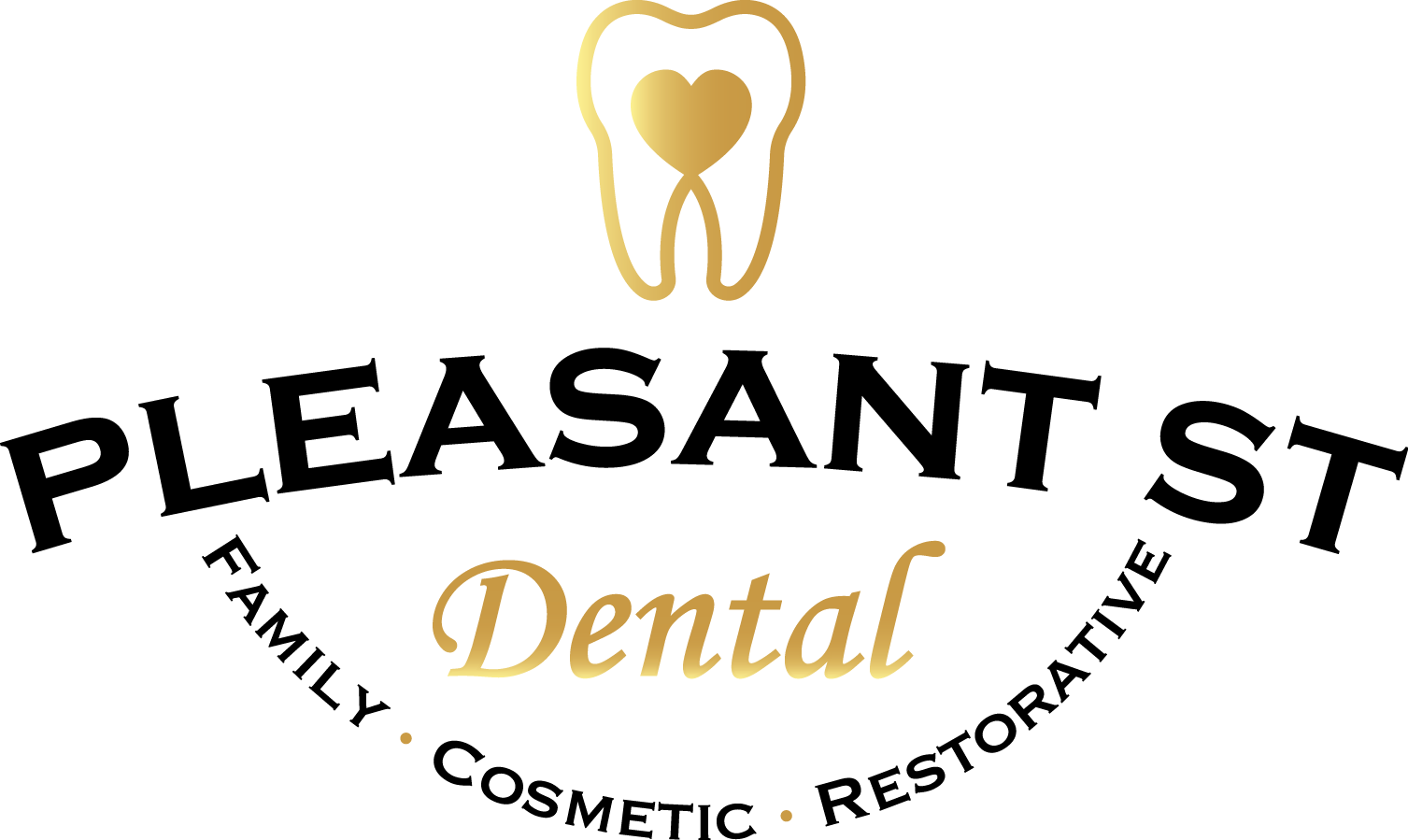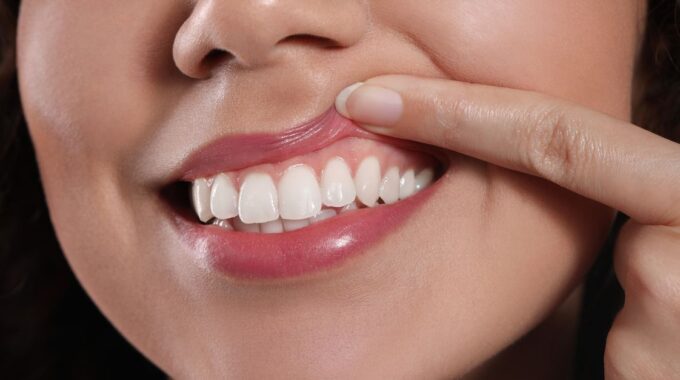Why Your Heart Health Starts in Your Smile The human body is an interconnected structure…

What to Do About Bad Breath (Halitosis)
Many are surprised to learn that the term “halitosis” was popularized by the Listerine company in the early 20th century as part of a marketing campaign. While the term might have commercial origins, the condition it describes — bad breath — is a genuine concern that has been recognized for centuries.
Halitosis, as it’s now widely known, isn’t a disease in itself but can be a symptom of other conditions or simply poor oral hygiene. Although its introduction into the popular lexicon had commercial motivations, the desire to combat bad breath is both real and relevant so we thought we’d share a few practical steps to combat bad breath!
Prioritize Good Oral Hygiene
Start with the basics. Brush your teeth at least twice a day and floss daily to remove food particles and bacteria. Consider using an electric toothbrush, which can be more effective in removing plaque. Don’t forget to replace your toothbrush every 3-4 months or sooner if the bristles are frayed.
Clean Your Tongue
Your tongue can host odor-causing bacteria. Each time you brush, gently clean your tongue with a tongue scraper or the bristles of your toothbrush.
Stay Hydrated
A dry mouth is a breeding ground for bacteria. Drink plenty of water throughout the day to keep your mouth moist. If you suffer from chronic dry mouth, consider over-the-counter saliva substitutes.
Watch Your Diet
Certain foods, like garlic, onions, and some spices, can contribute to bad breath. While they might be healthy and delicious, it’s good to be aware of them, especially if you’ll be socializing soon after. If you consume them, rinse your mouth, brush your teeth, or chew sugarless gum afterward.
Opt for Sugarless Gum
Chewing gum can help in two ways. It stimulates saliva production, which naturally cleanses the mouth, and the act of chewing can dislodge trapped food particles. Always choose sugarless varieties to prevent tooth decay.

Avoid Tobacco Products
Tobacco products can cause bad breath, stain teeth, reduce your ability to taste foods and irritate your gums. More importantly, they can lead to serious health issues, making quitting an excellent choice for both oral health and overall well-being.
Use Mouthwash Sparingly
While mouthwash can temporarily mask bad breath, overuse can lead to a dry mouth, exacerbating the issue. Use alcohol-free mouthwash, and remember it’s not a substitute for brushing and flossing.
Regular Dental Cleanings
Regular professional cleanings remove plaque, tartar, and bacteria that you might miss during your daily brushing. A clean mouth is the first step in preventing bad breath.
Monitor Your Health
Certain medications, medical conditions like acid reflux, infections, and chronic conditions like diabetes can cause bad breath. Always stay informed about the side effects of any medication you’re taking and discuss concerns with your doctor.
Visit Your Dentist
If you’ve tried various remedies and still struggle with bad breath, it’s time to consult a professional. Persistent bad breath can sometimes indicate a more serious underlying dental condition like gum disease. A dentist can thoroughly examine your mouth and provide solutions tailored to your situation. They might recommend treatments, specialized products, or, if they suspect a non-dental health concern, refer you to a physician.
Is it time for a teeth cleaning? Reach out to us today to schedule one!



